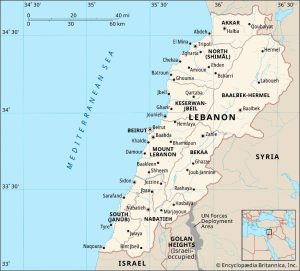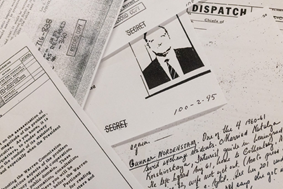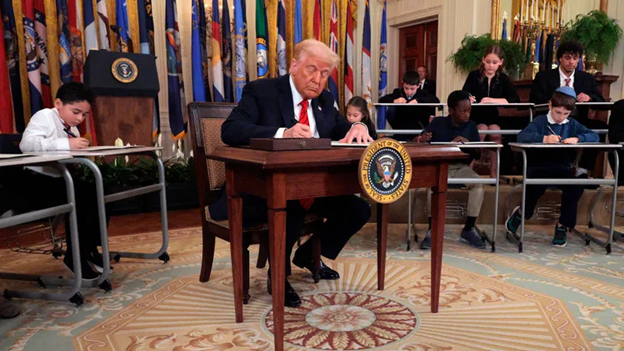On September 18, 2024, thousands of pagers and walkie-talkies exploded in Lebanon and parts of Syria, killing 42 and wounding at least 3000 civilians and soldiers. The explosion was orchestrated by Israel’s spy agency, Mossad, who ordered 5000 Taiwan-made pagers and led covert distribution efforts targeting Hezbollah members. This marked a major escalation in the conflict between Israel and Hamas, the Palestinian nationalist organization. It moved the geographic context of the war into Lebanon. Lebanon is a significant actor in this war, being the home of Hezbollah, an Iran-backed paramilitary group that has supported Hamas and expressed solidarity with Palestinians.
After this attack, then-Hezbollah leader, Hasan Nasarallah, announced that the aggression was a “an act of war against the people of Lebanon.” Just nine days later, on September 27, Nasarallah was killed in Israel airstrikes south of Beirut, Lebanon. On October 1, Israeli Prime Minister Benjamin Netanyahu announced that they were commencing a ground invasion in southern Lebanon. Since then, Israel’s ground invasion has killed more than 24 Hezbollah officers and bombed financial institutions in Lebanon, including the Al-Qard al-Hasan, which has been accused by Israel as being an ATM machine for Hezbollah’s violence.

These attacks have had a profound impact on the Lebanese, displacing more than 1.2 million Lebanese people, including over 400,000 children. The attacks have placed a strain on the already limited water and electricity infrastructure in Lebanon. However, Western governments, including the Biden administration, remain firm in their support for Israel. Many experts believe this is a marked shift from previous Western calls for a diplomatic ceasefire.
Israel has stayed committed in executing their primary goal: eliminating the threat of Hezbollah. However, this has come at the expense of the bloodshed of thousands, including Lebanese civilians.









